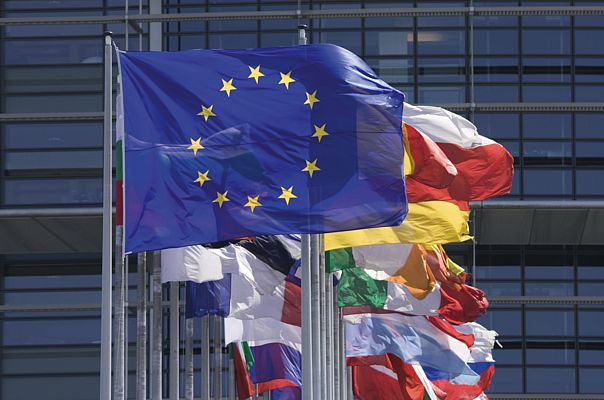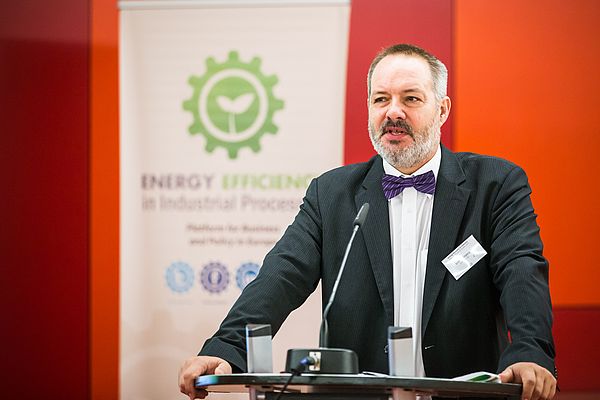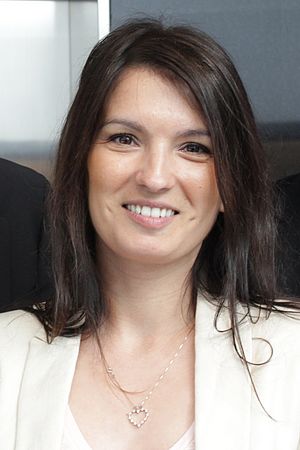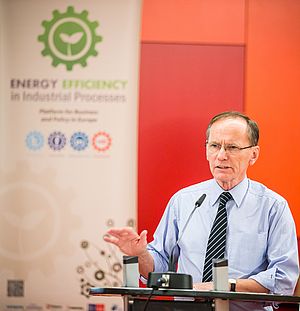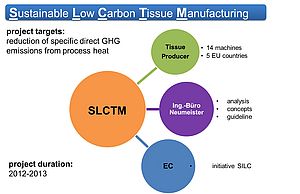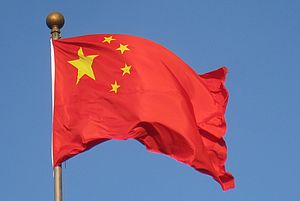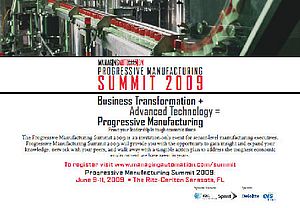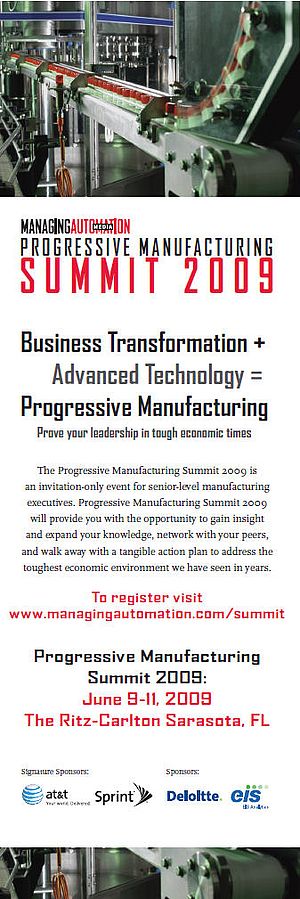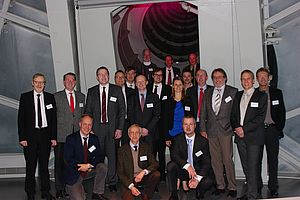The new Energy Efficiency Directive(EED) was launched in 2012 as the EU not was on track with their efforts to reduce the energy consumption in 2020 with 20%, and due to the fact that member states only had obtain 50% of their targets for 2012. The EED has several policy measures.
Energy companies shall help their customers to reduce the energy usage and be more energy efficient, for example by changing white goods, improving the building envelope, consulting advise and so on, to achieve a reduction among the customers of 1.5% each year.
The EED also sets a target for the renovation of the public buildings, each year 3% of the building shall be renovated, so they will meet the national standards, it could sound ambitious however a one should bear in mind that a share of the public building already full fill the requirements.
The new directive also includes additional measures on energy audits and energy management for large firms, cost-benefit analysis for the deployment of combined heat and power generation (CHP) and public procurement.
The EED makes it mandatory for all large companies to have a regularly energy audit and that smaller companies gets incentives to carry out energy audits. However the EED has no definition on what is a large company?, that may give some speculations, what is big in Denmark is necessary not big in France. Furthermore all members states have to develop education programs to make sure that the needed numbers of experts are available for the industries. One solution could be to relay on international standards such as EN ISO 50001 energy management or EN 16247-1 energy audits or including energy audit in EN ISO 14000 environmental management systems. This methodology would also ensure and equal level of the audit scheme in EU, an EU standard for energy audit is on its way.
But what is an energy audit? According to ISO50001; “Energy Management Systems” an Energy Audit can be seen as a systematic inspection and analysis of energy use and energy consumption of an audited object(s), with the objective of identifying energy flows and the potential opportunities for improving energy performance. The term Energy Audit is commonly used to describe a broad spectrum of energy studies ranging from a quick walk-through of a facility to identify major problem areas to a comprehensive analysis of the implications of alternative energy efficiency measures sufficient to satisfy the financial criteria of sophisticated investors. An energy audit is generally used to identify the most efficient and cost-effective Energy Conservation Opportunities in a particular energy using facility or process.
However very often an energy audit is a picture of the present situation.
In the nearly 40 years since they were first started, studies on the implementation of detailed energy audits recommendations has showed on average limited overall reduction on energy consumption. The reasons for this generally low uptake of energy audit recommendations are that typically the Energy Audits were analytical very complex and comprehensive audits, which documented often complex processes in the companies and typically focussed on the technical side of the energy savings opportunities.
Generally, the detailed energy audits did not focus significantly on the business needs and priorities of the companies, but rather covered all technical energy use processes in great detail. The detailed energy audits explored and documented all energy efficiency measures regardless of the abilities and timeframes of the companies to implement the recommended energy efficiency measures. This focus on the comprehensive technical details of every significant energy use in the company and the identification of every possible energy efficiency measure inevitably made the Detailed Energy Audits very expensive, and across all countries the efforts and costs unfortunately did not match with the actual implemented energy efficiency results obtained.
Furthermore, the Detailed Energy Audits were typically isolated events, which were not properly supported by the top management of the companies, and the detailed energy audits were not included in the achievement of the companies’ strategic business objectives.
The conclusion is therefore that if energy efficiency is be increased in actual practice, it has to be anchored in the energy using companies’ organization, and has to be fully supported by the companies’ top management. This realisation has led to the focus on Energy Management Systems in various countries and internationally.
So what is the way forward? Energy management implemented like for example ISO 50001 which again and again has proven to deliver results. Evaluations from Denmark, Sweden and Ireland who have had energy management standards for many years demonstrated that these mechanisms are effective and that industries that implement and maintain an EMS system typically saves 10-20 % within the first 5 years.
So the recommendation is introduce ISO 50001 in all EU industries, with an energy bill larger 200.000 Eur, the standard can be used on any type of energy user be it a traffic company, holiday centre or industry, and why not energy management they have all money management.
Author: Erik Gudbjerg, Lokalenergi Handel A/S, Denmark
Erik Gudbjerg has a broad experience within energy efficiency work on all levels from energy planning, design, efficiency campaigns, and optimization – in several sectors, going from household to energy intensive industries. Besides his job as director of Lokalenergi, he is member of the Energy efficiency committee in the Association of Utilities, member of the WG Energy Efficiency group in Eurelectric and involved in a number of research projects concerning energy efficiency. He is a certified energy consultant for energy intensive industries by the Danish Energy Agency and has professional experience from Europe, South Africa and Asia, where he also works as an International Expert on Industrial Energy Efficiency and Energy Management System Implementation at UNIDO.
Energy audits - the way forward ?
By Erik Gudbjerg, Lokalenergi Handel A/S, Denmark
- by TIM Global Media BV
- November 12, 2013
- 381 views


